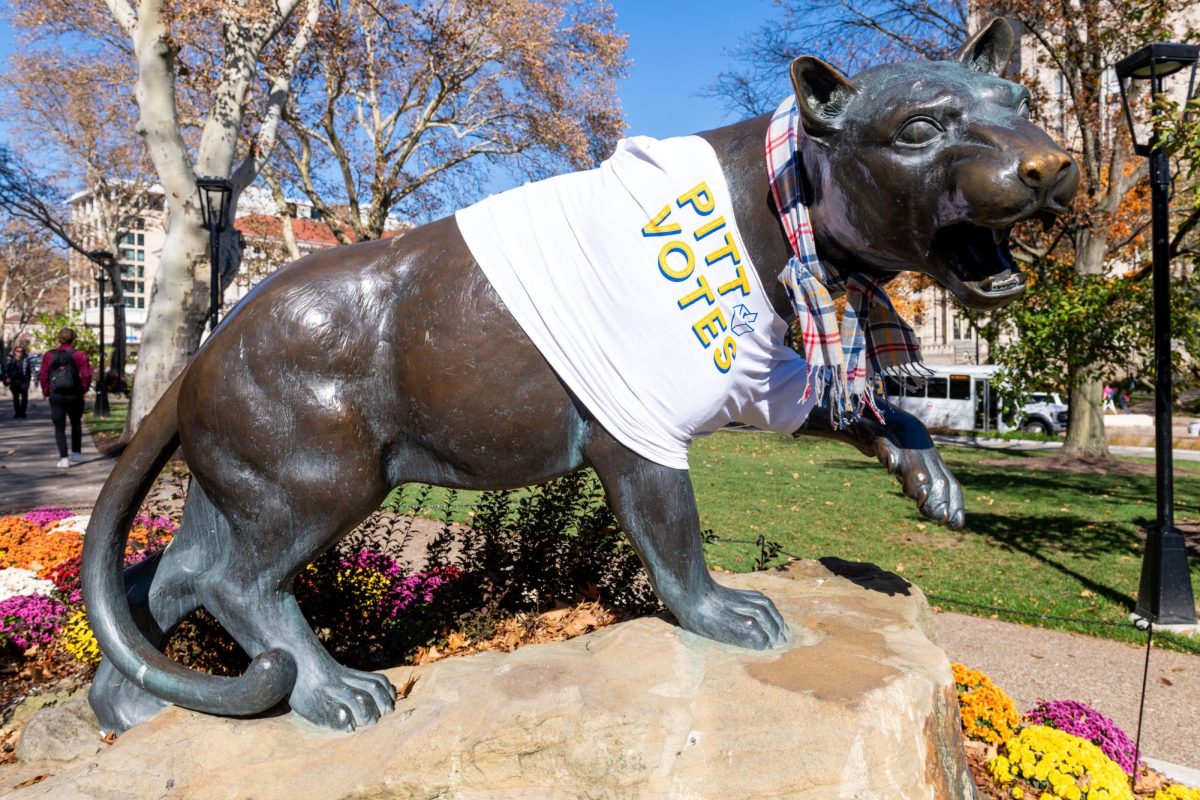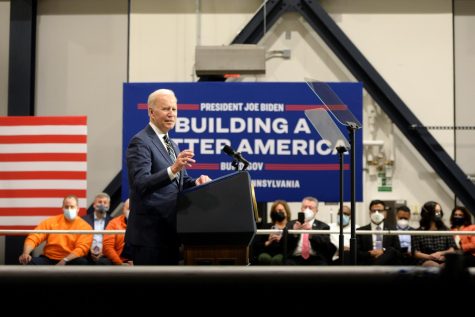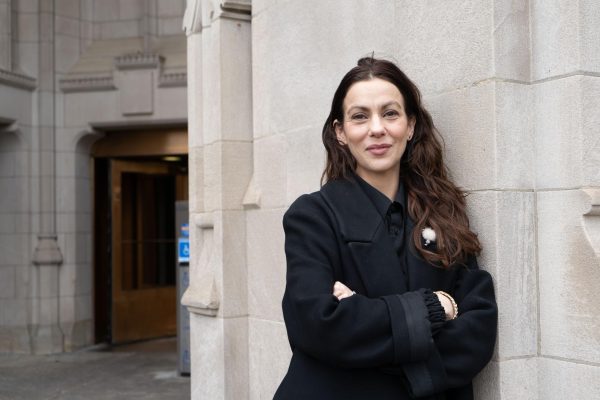Garber: A plea for political awareness
August 23, 2011
On November 4, 2008, sometime around 11 p.m., I was sitting with a friend in Towers Lobby. On November 4, 2008, sometime around 11 p.m., I was sitting with a friend in Towers Lobby. We were chatting about something dumb, I’m sure, when a barrage of screaming college students erupted from Towers and swarmed into the streets.
Baffled, I flagged down a girl with whom I was mildly acquainted. “What’s going on?” I asked.
Her eyes, bright with excitement, narrowed ever-so-condescendingly: “Barack Obama just won the presidency!”
Oh. I didn’t vote.
I’ve done a lot of embarrassing things during my three years at college, but none are quite as cringe-worthy as the political apathy I felt as a freshman. Fervor for the 2008 presidential election was intense — grungy twentysomethings with clipboards were so aggressive about registering people to vote that I’d often cross the street whenever I saw one. And in a fit of youthful rebellion, I refused to register, refused to vote, refused to care.
All that changed once I took an Intro to Journalism class. The teacher required daily reading of The New York Times and the Pittsburgh Post-Gazette — “It’ll make you sound a lot smarter,” she told the class. Turning a daily assignment into a daily habit wasn’t immediate, but after a couple years of working for a newspaper, reading them has become as natural as checking Facebook and email. And now I know who Eric Cantor and Timothy Geithner are, where Jon Huntsman and Michele Bachmann stand in early Iowa polling and why Rick Santorum is also a dirty word (Yes, I’m name dropping. Yes, you should know who they are. Yes, Googling Santorum is NSFW).
Don’t take this as a mass edict to join the next wildly hip political campaign — I don’t care about political involvement. I care about political awareness — and you should be aware.
Too many people have told me that they ignore local politics because they only really care about large national issues, such as same-sex marriage or abortion. But these are issues that, by and large, are addressed on a state, not federal, level. It was the New York state legislature that legalized same-sex marriage. It’s the Nebraska state legislature that makes it illegal to have abortions after 20 weeks on the grounds that fetuses can feel pain, even though the U.S. Supreme Court has set the limit at 23-24 weeks.
I can understand, empathize even, when people say they don’t care about politics. During the final weeks of July, I doggedly followed any and all news about the debt ceiling — which, of course, led to much rending of clothes and gnashing of teeth. Politics can be petty, and reading about it can be painfully piquing. Although people might not care about the process, they do care about the end results — they just don’t know it. When the government was threatening to shut down in April, my sister — an unabashed hater of politics — sent me a text one day asking what would happen. I sent her a detailed email back, a link to The New York Times and a general query as to why she wanted to know (to be honest, I was surprised she even knew that was going on). Apparently someone at her work mentioned that government workers wouldn’t get paid — our father works for the government, so she was concerned.
So when people say that they don’t care, what they mean is that they don’t know that they care. They don’t know because they don’t bother to read the newspaper.
As an aspiring journalist, I take every opportunity to tout the importance of newspapers. And, like my teacher said, it does make you sound really smart (somehow I manage to say “I read an article once…” in about every conversation I ever have). But more than giving college students more airs than we really need, reading newspapers gives you a sense of awareness about the world. If you want to change the world, you have to know what’s going on in it first.
During election season, it’s not uncommon to hear mass pleas for political involvement — Your vote matters! — but those don’t work. What’s more effective is to pick up a paper and read about what people chosen to represent you and your interests are doing. After that, you’ll actually want to get involved.
It’s easy to ignore politics when you’re ignorant. It’s not easy to ignore its consequences.
Don’t care that I care that you care about politics? Email Olivia at [email protected].







